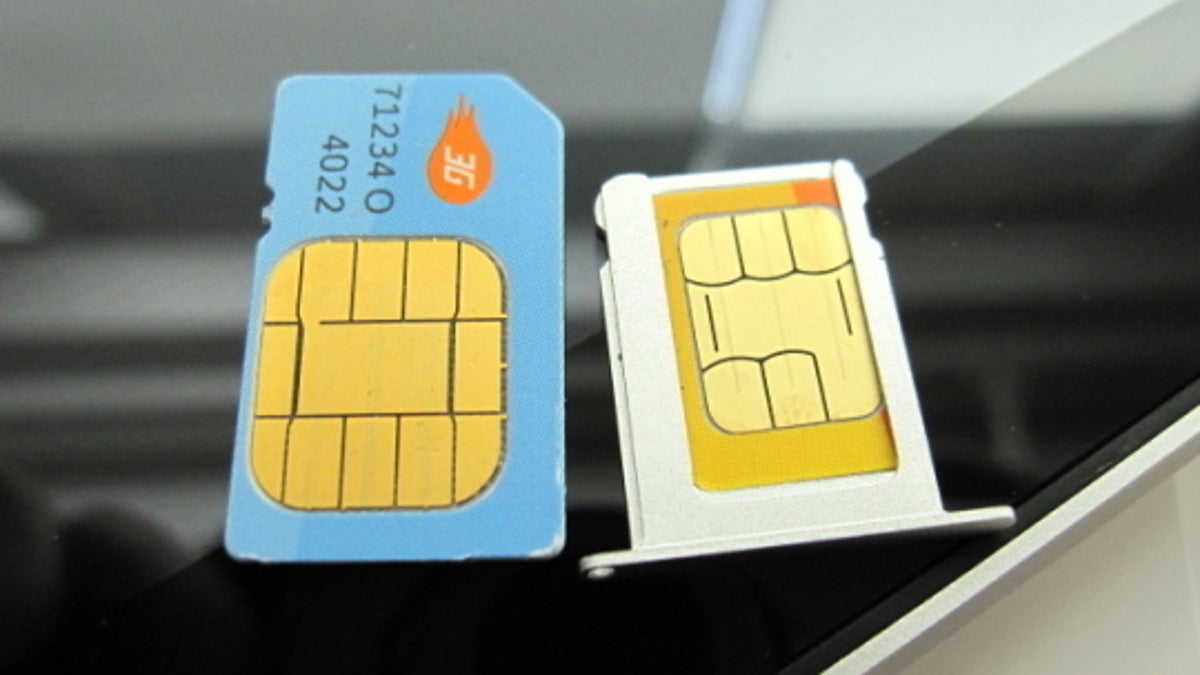RIM cries foul over Apple tactics in nano-SIM standard vote
Letter to standards group accuses Apple of having company representatives change their affiliation to skew the vote on the upcoming SIM standard.

Research In Motion has accused Apple of trying to unfairly sway the vote on an upcoming vote on new SIM card technology standard.
The Cupertino company is trying to skew the results by having company representatives change their company affiliation when they cast their proxy votes, according to a letter RIM sent to the European Telecommunications Standards Institute (ETSI), the standards group deciding the issue.
The letter (see below), filed yesterday, alleges that three Apple employees had registered as representatives for Bell Mobility, KT Corp., and SK Telekom. RIM also claims they should not be allowed to participate in the proceedings since proxy voting is not allowed.
SIM cards store the device user's phone number and mobile identity on the network. A smaller version of the micro-SIM, which contains the nano-SIM new technology features additional storage for increased functionality.
Apple, which reportedly brought the technology to the standards group last year, did not immediately respond to a request for comment. The iPhone maker is locked in a fierce battle with RIM, Motorola Mobility, and Nokia, all of which are hoping to have their respective technologies become the new nano-SIM standard.
The company has moved to "significantly" increase its voting power by registering six European subsidiaries with ETSI, according to a recent Financial Times report. Subsidiaries with 8 billion euros or more in revenue have up to 45 votes. With the amount of cash Apple generates, it could go a long way in overshadowing Nokia's current lead with 92 total votes.
Apple has reportedly offered to provide the technology's patents to fellow mobile device makers at no cost. However, in exchange, those firms would have to adopt Apple's technology as an industry standard and offer the "same terms in accordance with the principle of reciprocity."
The vote on which technology becomes the new standard is expected to be held this week.

